Supplier for Hitler's War
Supplier for Hitler's War
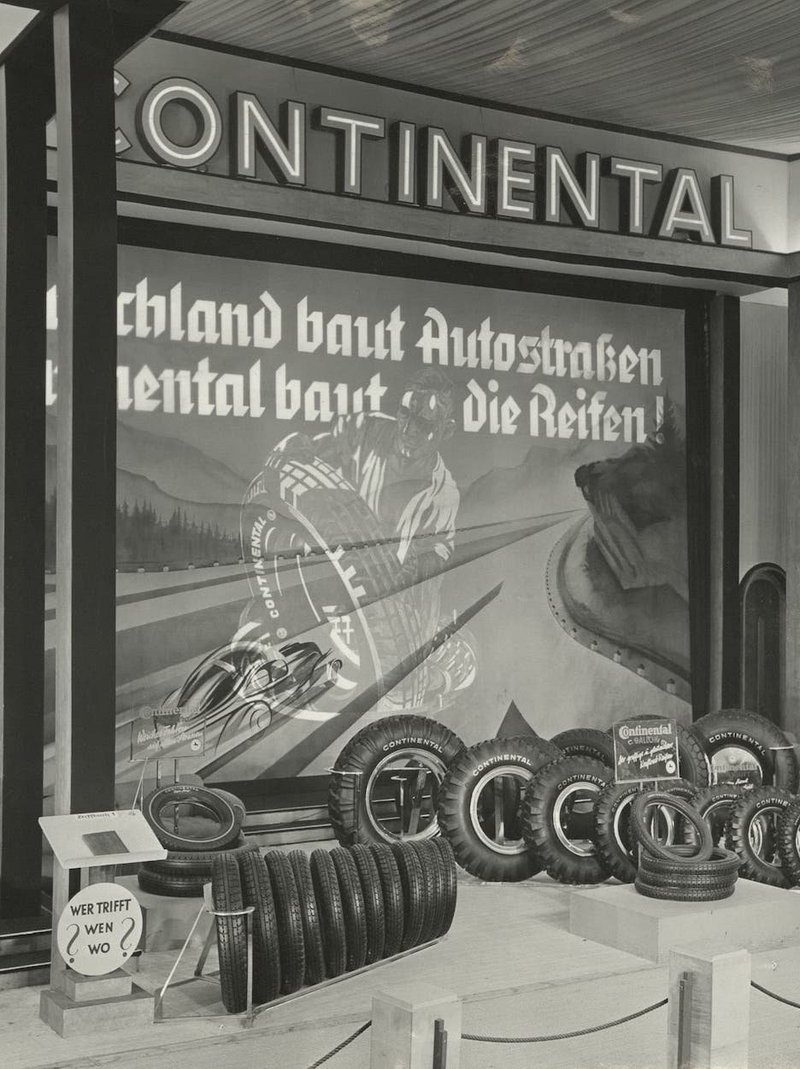
Those who want to shape the future must know their past. The same also applies to companies. An independent scientific study is now investigating Continental’s responsibility during the Nazi era – and, in an innovative approach, it also includes companies that were not yet part of the corporation at the time. The study traces how Continental became a key supplier for Hitler’s war effort and used forced laborers and concentration camp detainees to that end. Investigating the past does not mean drawing a line under it – on the contrary.
Looking back at your own history is often painful; it is nevertheless essential. This applies all the more when it comes to shedding light on what counts as one of the darkest periods in history, the “Third Reich.” What did companies know at the time, what activities did they participate in, support, or even initiate? What was their involvement with the regime and how did they profit? These questions are regularly the subject of public debate. In part due to public pressure, large German corporations and family enterprises have commissioned investigations into their role at the time. Some of these are still ongoing today. This demonstrates that by no means all the details have been brought to light. With the recently published study “Supplier for Hitler’s War. The Continental Corporation in the Nazi Era” also faces up to Continental’s responsibility. Professor Paul Erker, a proven expert in corporate history during the Nazi era, has been scrutinizing the company's past.
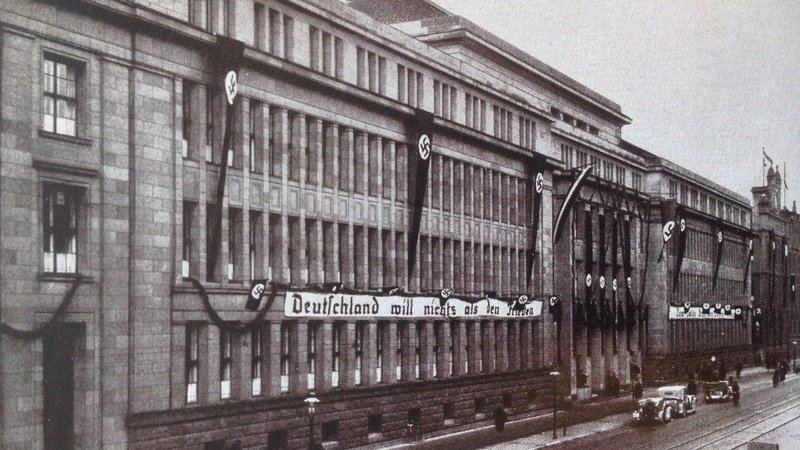
Continental as a Component of the War Machine
A key finding of the study is that Continental was a mainstay of the Nazi armaments and war economy. The company profited economically from the mobilization and armaments policy during the Third Reich.
The study traces in detail how this came about, adopting the innovative “virtual corporation” approach. This means that Teves, VDO, Phoenix, and Semperit, which were not yet part of today's Continental Corporation at the time, have also been taken into account. Erker explains why: “With the acquisition and takeover of a company, its history is also acquired, along with all its ups and downs, which then also become part of a new corporate history. Accordingly, it makes sense to research and write the history of the Continental Corporation during the Nazi era as a history of the most significant companies it acquired.” It is this overall analysis that makes it possible to trace the development of the company into a “model Nazi business.”
From Leisure Article Manufacturer to Major Player in Armaments
When the Nazis came to power in 1933, Continental had long been a global brand. As a producer and supplier of countless consumer goods for everyday use, the company had built itself an image as a quality brand over decades. Its products accompanied people through their entire lives – from rubber pacifiers and toys through rubber rings for preserving jars, rubber aprons, hot water bottles and shoe soles, to footballs, bicycle, motorcycle, and car tires, as well as surgical bandages and bed pads. Continental also featured prominently in motorsports. The legendary Daimler-Benz “Silver Arrows” won numerous major motorsports victories in the 1930s – with Continental racing tires and sensational speed records. For this reason, the National Socialist leisure and consumer society and the mobilization policy promoted by the regime presented great opportunities for the corporation.
Above all, however, Continental increasingly benefitted from the rearmament drive during the Third Reich – even if the armaments business played only a marginal role for the corporation during those years. The company wooed the various Wehrmacht authorities to obtain orders, for example by offering to produce rifle bags made of rubber (instead of leather) as well as to manufacture waist-belts, straps for knapsacks and combat diving suits. In 1936, Continental also entered into what proved to be a lucrative business area: the development and production of gas masks, which were soon being produced in millions of units as “people's gas masks.”
The companies that joined the Continental Corporation at a later date also benefitted: Phoenix, Continental's then main rival in the German rubber business, received a major order for protective gas suits and enjoyed a strong market position in Wehrmacht boots and metal-rubber composites. From 1937, Teves, manufacturer of the “Ate people’s refrigerator” and market leader in hydraulic car brakes, supplied hydraulic brakes for Wehrmacht tractors and tanks in high volumes . VDO, a manufacturer of speedometers, rev counters and fuel gauges, also rose to become a leading instrument supplier to the German automobile and aircraft industry through persistent lobbying in various ministries of the Reich.
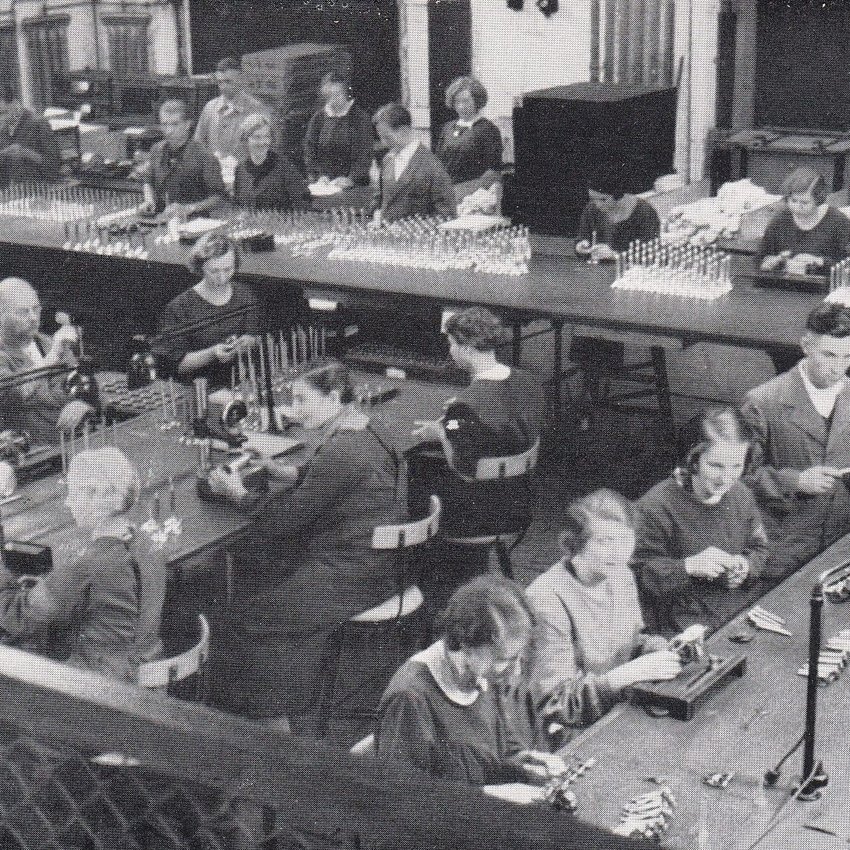
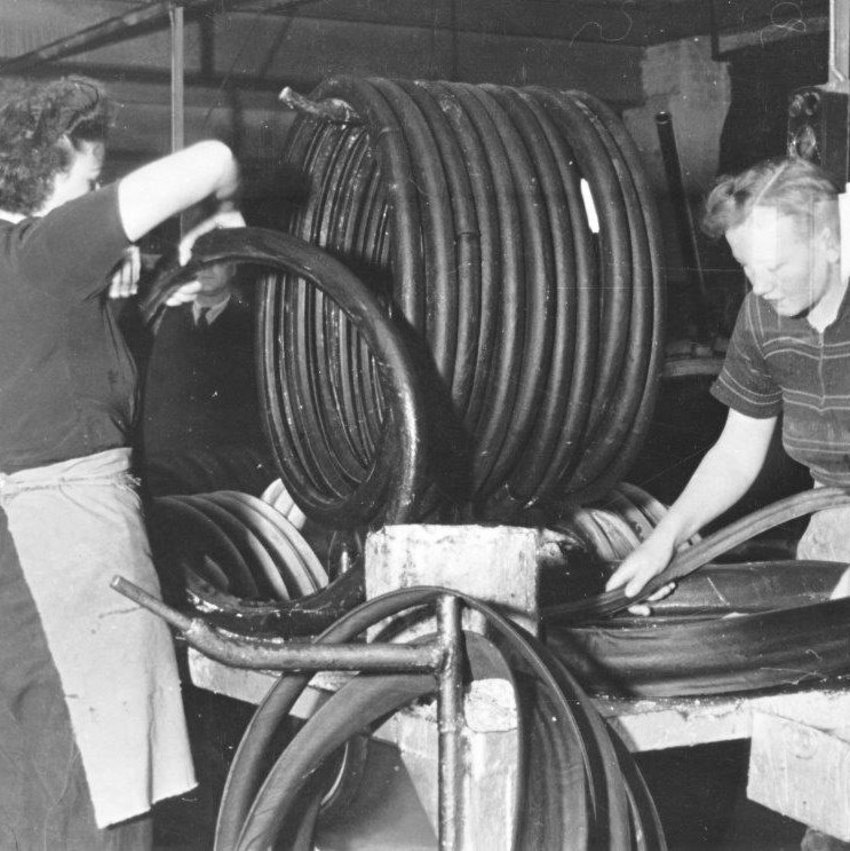
Backbone of the National Socialist War Economy
With the start of the Second World War in 1939, the situation changed abruptly. From then on, the focus was on mobilizing every resource available, both in terms of workers and raw materials. “Despite the previous production of goods for the Wehrmacht, the sudden enforced change was surprising and radical, alone in terms of the urgency for the army and the militarily significant industrial companies. And, more than ever, the authorities now intervened directly in company matters,” remarks Erker, describing the situation. Continental went on to become one of the most important suppliers of key armament products for the Nazi regime – be it car or aircraft tires, track pads for tanks, technical hoses, hydraulic brakes, or precision-guidance, control and measurement instruments for V-1 flying bombs, tanks and ordnance.
It was the network of highly specialized, mass-producing companies such as Continental, Phoenix, Teves, and VDO which, as a supplier industry, formed the backbone of the Nazi war economy and were largely responsible for its initial successes.
Use of Forced Laborers and Concentration Camp Detainees
The organization of work and the working conditions at the Continental factories also underwent far-reaching changes as a result of the war. The large-scale recruitment of male workers by the Wehrmacht led to a rapidly growing use of both male and female forced laborers. According to the study, they numbered 10,000 people. Their origins were diverse, ranging from Italian “Young Fascists” and contract workers from occupied Belgium and Denmark, through to French and Russian prisoners of war. The use of forced laborers progressively became more extreme. In the final years of the war, concentration camp detainees were then used, for example in the production of gas masks or in the relocation of production underground.
The working and living conditions of the forced laborers were inhumane. Continental management was actively involved in the process and contributed to the ever more extreme forms of manpower mobilization. “What occurred at Continental can't be described as the sinister machinations of a systematic system of oppression. Nonetheless, certain actions were taken independently by individual officials,” says Erker. With extremely grim consequences.
Many forced laborers, for instance, were accommodated in collective camps where the conditions were sometimes chaotic and inhumane – with dramatic repercussions for the camps' occupants.
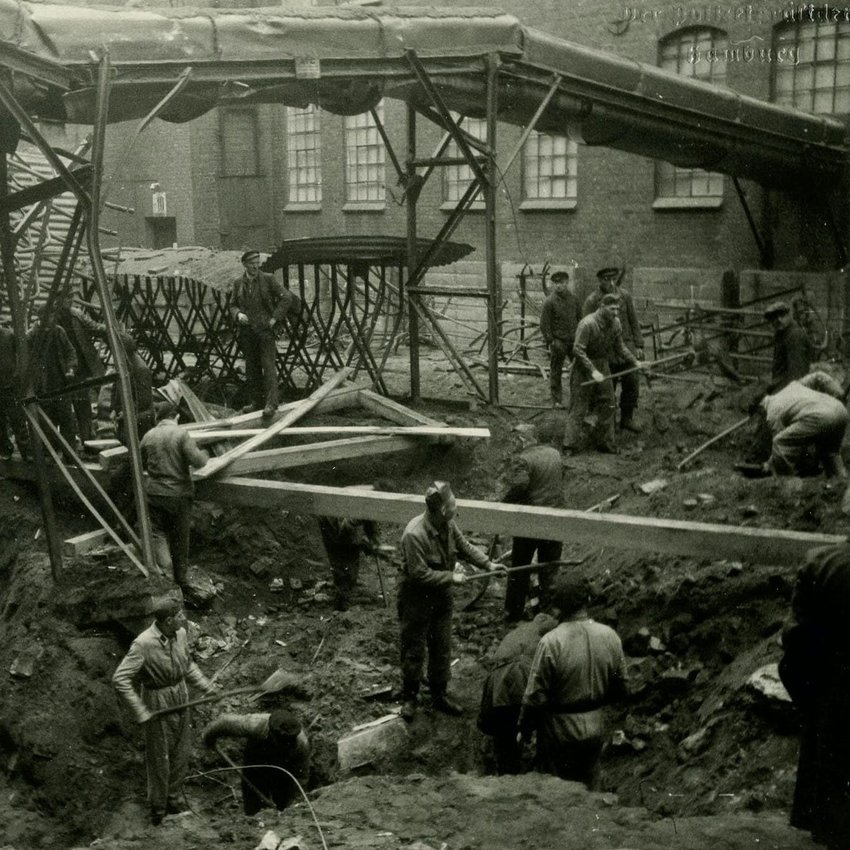
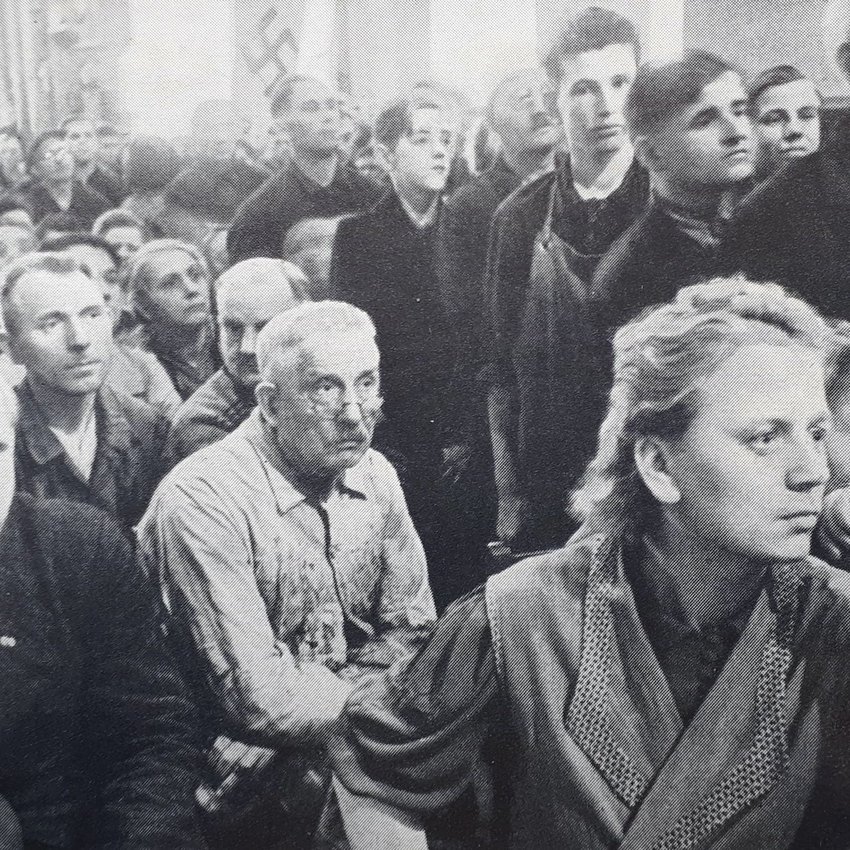
A Vulnerable Corporate Culture – Continental Assumes Responsibility
The fact that such developments were possible can largely be attributed to the people and the social circumstances at the time of the Nazi's seizure of power, but also to a corporate culture. A key finding of the study is just how susceptible the company was to the Nazi's “Betriebsgemeinschaft” (factory community) ideology as well as to the political and ideological goals of the Nazi regime. In the case of Continental, the blight was not only brought about from the outside, but also from within.
In this context, the five companies certainly behaved very differently. Teves, for example, deliberately employed dissidents, thereby inviting political conflict into its own organization. Continental, in turn, tried in many instances to put entrepreneurial self-interest above the regime's interests, but with a mixture of overzealous obedience and internal pressures, soon adapted to the totalitarian Nazi system. This also included the removal of Jews from the corporate management and supervisory board, which, albeit reluctantly, nevertheless took place in accordance with the Nazi leadership's directives.
Corporate cultures can quickly topple under pressure from political regimes and opposing social influences, Here, the experiences of the 1930s and 1940s are a cautionary negative example. Responsibility must be assumed for this in order to ultimately shape the present and the future in a positive manner. In other words, Continental amounts to more than just its products. The company feels a responsibility toward its employees – and to society.
This also includes working on a corporate culture that resists extremist attacks and constraints as well as recognizing early signs of totalitarian, inhumane systems – whether it be a lack of transparency, racism, discrimination, a police-state mentality, a shift in the boundaries of free speech, etc.
Looking Forward
Continental is not content to rest with the findings of the study, but is setting up several future projects. One such project which has been launched is the “Responsibility and the Future” program. Its aim is to make continuously learning from the company's past a permanent fixture of the corporate culture. In addition to the systematic integration of the study results in training and education activities, the core elements include opening up the corporate archive to researchers to mark the 150-year company anniversary in fall 2021.
In this context, Continental has founded the Siegmund Seligmann Scholarship for the promotion of economic and corporate history research into the Nazi era and Continental’s history. Siegmund Seligmann was the son of a Jewish leather merchant and the first director general of Continental AG.


